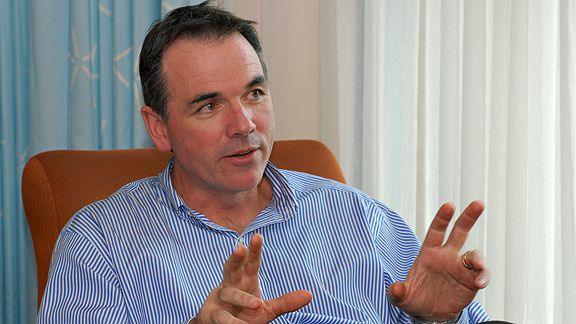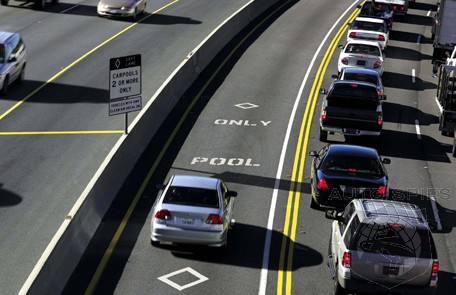A couple of final words on the summer I&E Reading Group selection, Moneyball. As was argued by Michael Lewis, Billy Beane capitalized by exploiting what appeared to be a market inefficiency. Indeed, economists Jahn Hakes and Skip Sauer found empirical support for this proposition .
An interesting question, then, is why other teams didn’t innovate via these quantitative techniques sooner? In an archived EconTalk interview with Professor Sauer, Russ Roberts suggests that Major League Baseball may well not be a competitive industry. That is, owners are “playing a different game” and that the costs of having a bad team aren’t really that high. In fact, Roberts argues (at about 28:00), the absence of competition would allow owners can indulge stupid management practices without a significant hit to the bottom line. It would also allow teams to do things like discriminate on the basis of race, or simply not aggressively try to win, where the costs would not be that high. When is the last time a team went bankrupt? Or sold at a steep discount?
That’s an interesting point because a standard economics argument is that competitive markets are quick to punish firms that fail to adopt best practices. Firm that adopt racist or sexist hiring or compensatory practices will loses out to those that don’t. And the larger point, of course, is that robust competition pushes firms to innovate, or at least to adopt practices once others have done so. In the context of baseball this is transparent. When there was a color line and African Americans were excluded, then teams didn’t suffer for their racist practices. However, once teams started to sign the best African Americans players, then racist policies had a price; that is, teams that didn’t discriminate on the basis of race had access to the best African-American ballplayers — refusing to sign Willie Mays doesn’t help your chances of winning.
Sauer also addresses Steve Levitt’s criticisms (which I share) about the source of the A’s dominance was actually their dominant starting pitchers (at about 38:00). Sauer responds that, regardless of the reason for the A’s success, the numbers seem to show an inefficiency on the offensive side.
You can also catch Roberts interviewing Michael Lewis on the topic of Moneyball.
 During the recent oil price spike in 2008, one of my mates suggested that our generation will be the last to enjoy relative ease in air travel. A large number of people, even those with decidedly middle class incomes, have the means to travel extensively and find their way to every nook and cranny the world has to offer. A sustained oil crunch, absent a viable fuel substitute, could indeed cripple the airline industry and leave globetrotting to the relatively affluent.
During the recent oil price spike in 2008, one of my mates suggested that our generation will be the last to enjoy relative ease in air travel. A large number of people, even those with decidedly middle class incomes, have the means to travel extensively and find their way to every nook and cranny the world has to offer. A sustained oil crunch, absent a viable fuel substitute, could indeed cripple the airline industry and leave globetrotting to the relatively affluent. It’s the middle of the summer, and it’s time to check in
It’s the middle of the summer, and it’s time to check in  Our first edition of the summer mailbag is here with a contribution from the always ebullient “Mr. O,” who says he sees economics everywhere these days. The article in question has to do
Our first edition of the summer mailbag is here with a contribution from the always ebullient “Mr. O,” who says he sees economics everywhere these days. The article in question has to do  Almost unnoticed, this week marks a terrible week for advocates of market solutions to environmental problems, including various cap-and-trade systems. The Wall Street Journal
Almost unnoticed, this week marks a terrible week for advocates of market solutions to environmental problems, including various cap-and-trade systems. The Wall Street Journal 
 I came across a research note on how bloggers reveal their personality types through their word choices.
I came across a research note on how bloggers reveal their personality types through their word choices. Amazon is offering Amazon Prime
Amazon is offering Amazon Prime  Speaking of careers in business,
Speaking of careers in business,